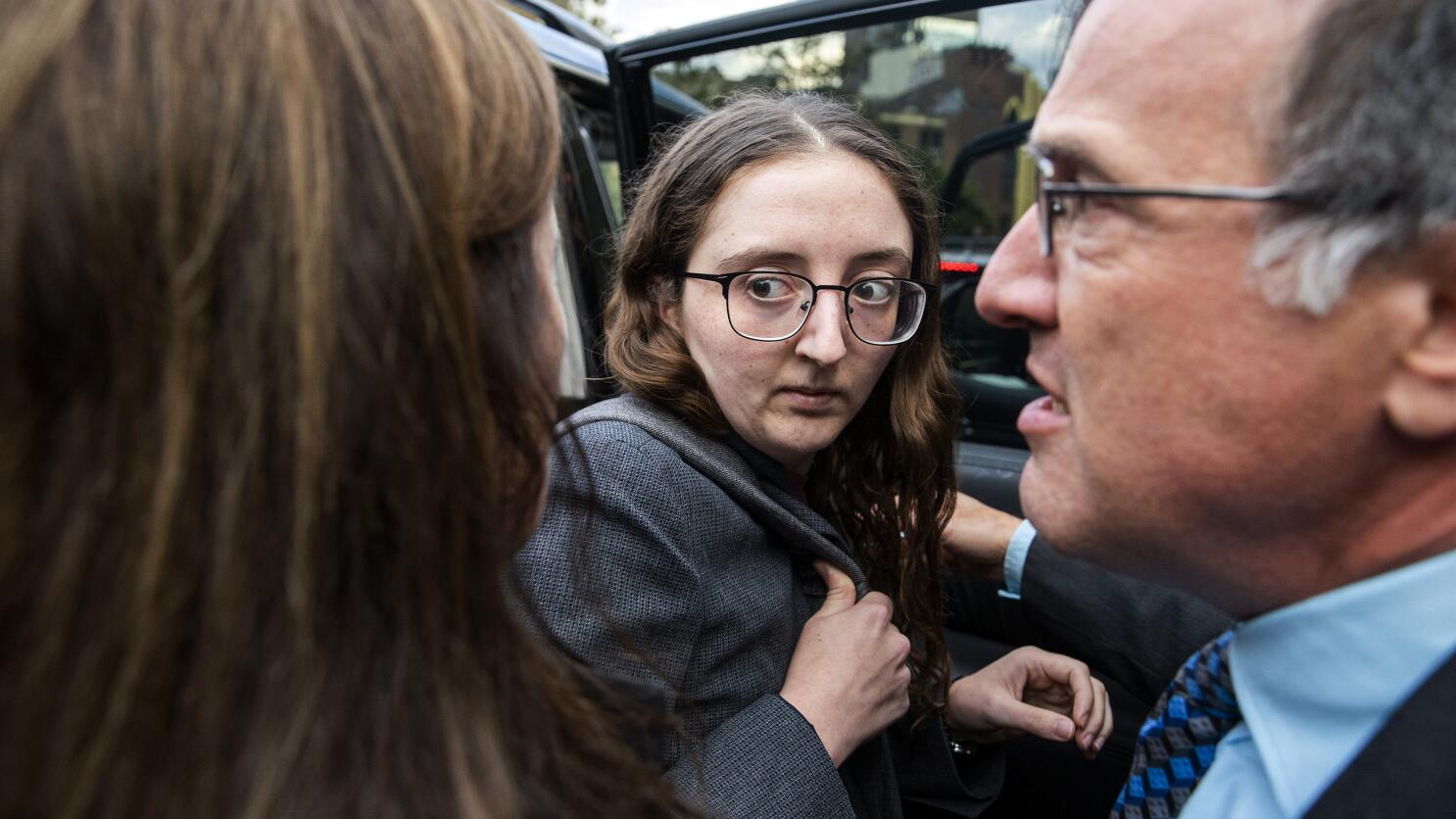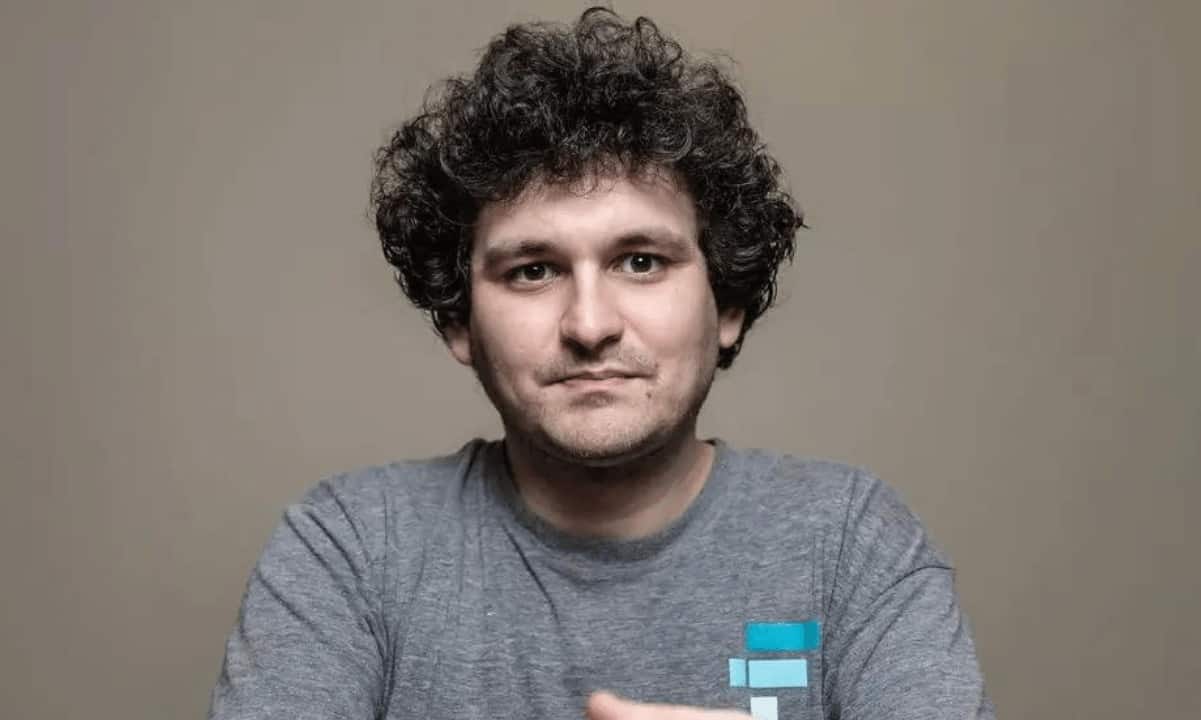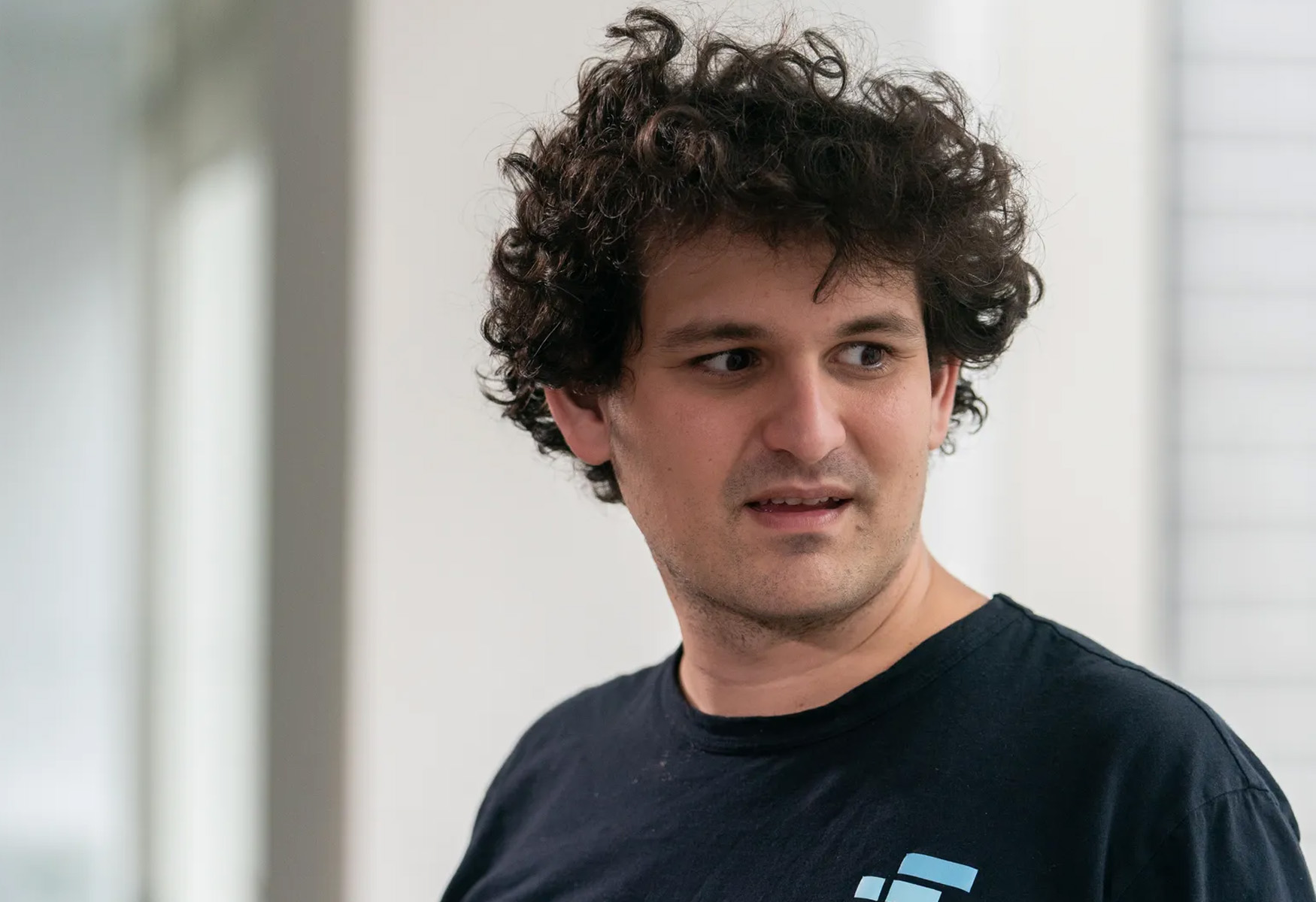In the ongoing trial of Sam Bankman-Fried, the former CEO of FTX, Thursday marked a significant moment as Bankman-Fried took the stand to testify in his own defense at the Southern District of New York courthouse. Charged with seven counts of fraud and money laundering, this trial has garnered much attention in the crypto community.
Key Takeaway
Sam Bankman-Fried has taken the stand in his own defense in the trial against him for fraud and money laundering charges. His appearance in court without the jurors present has captivated attention, and the outcome of his testimony could have a significant impact on the verdict.
A Calm and Composed Appearance
Arriving at the courthouse in an oversized gray suit and a purple tie, Bankman-Fried appeared calm and composed. He acknowledged those he made eye contact with as he walked in, displaying a sense of confidence. Throughout the morning, he turned around to face the back of the court, occasionally exchanging smiles with his lawyers.
A Rare Moment
Bankman-Fried’s decision to testify is a significant development in the trial. Judge Lewis Kaplan decided to send the jury home for the day to review Bankman-Fried’s testimony before considering whether it can be shared with the jurors. This uncommon move by the judge emphasizes the importance of Bankman-Fried’s words and the potential impact they may have on the verdict.
An Uneasy Testimony
Once on the stand, Bankman-Fried appeared jittery and responded quickly to the questions posed by his defense lawyer, Mark Cohen. However, when it was time for the assistant U.S. attorney, Danielle Sassoon, to cross-examine him, Bankman-Fried’s responses became slower and he struggled to recall specific facts.
The Focus on Legal Counsel
Judge Kaplan expressed particular interest in Bankman-Fried’s reliance on legal counsel for drafting terms of service and data retention policies. This included the use of Signal for internal communication. Bankman-Fried emphasized that these policies were primarily intended for crucial data such as KYC policies, regulatory compliance, and formal accounting. He sought to differentiate them from the faulty balance sheets, which had been testified about by Caroline Ellison earlier in the trial.

























